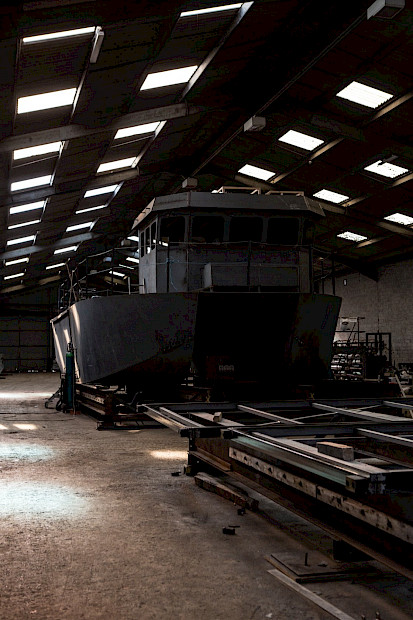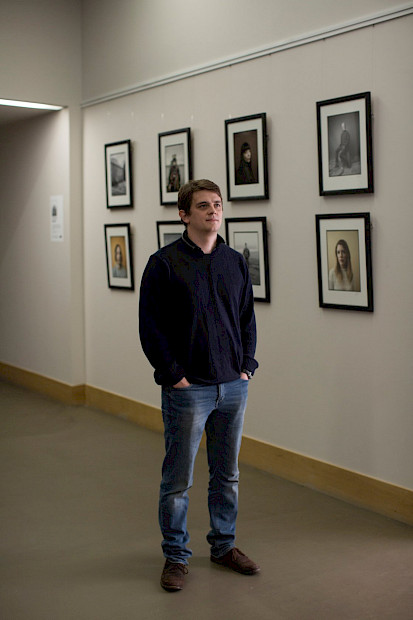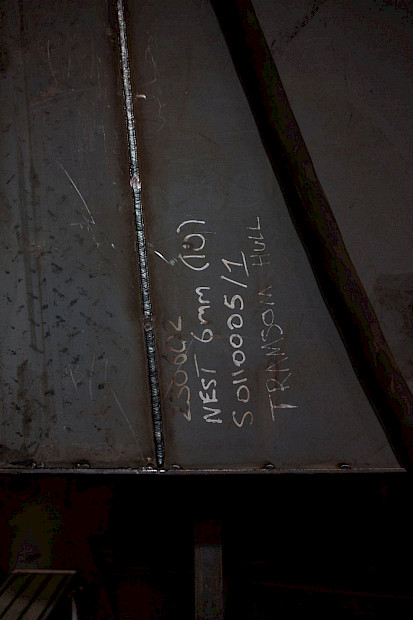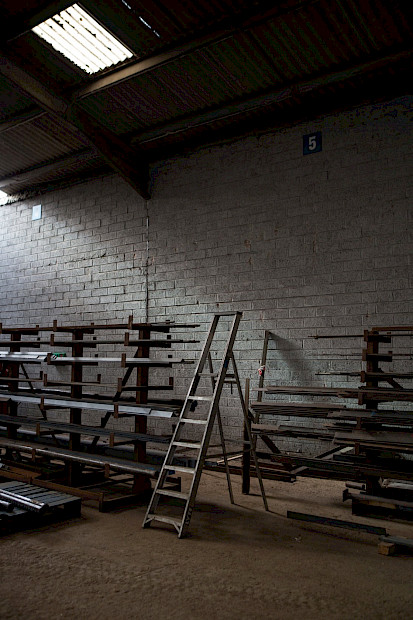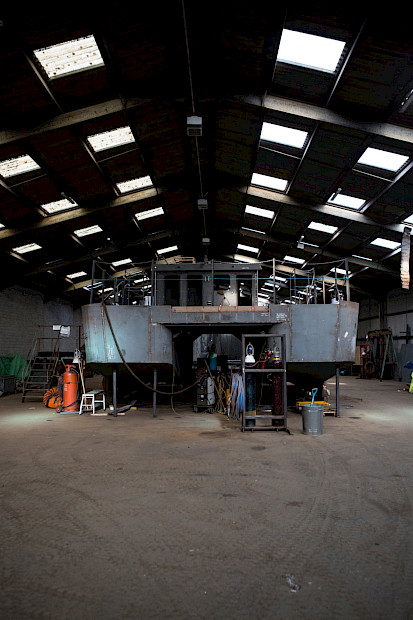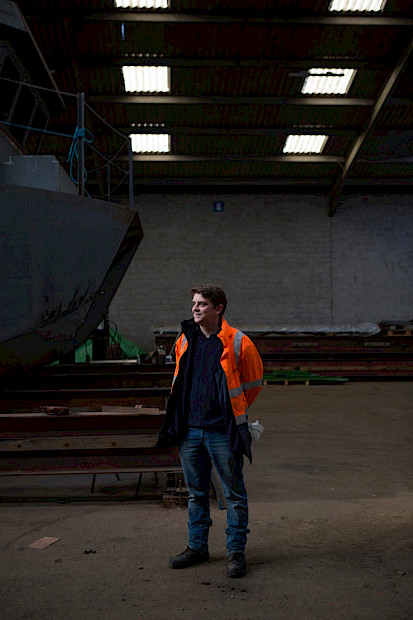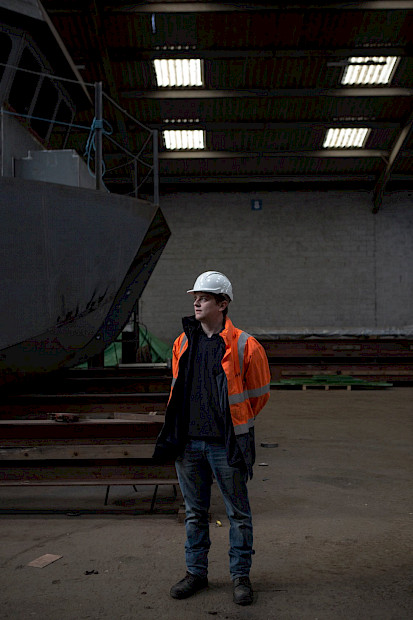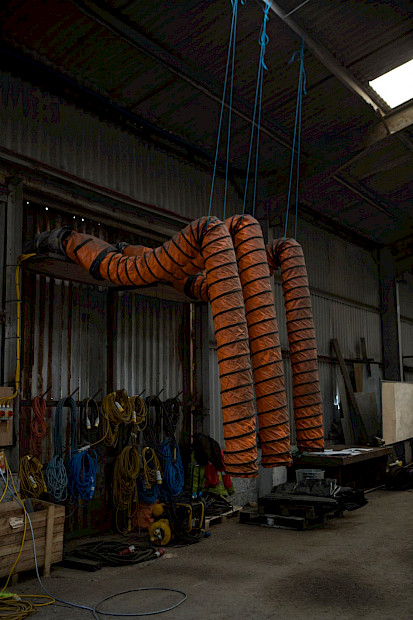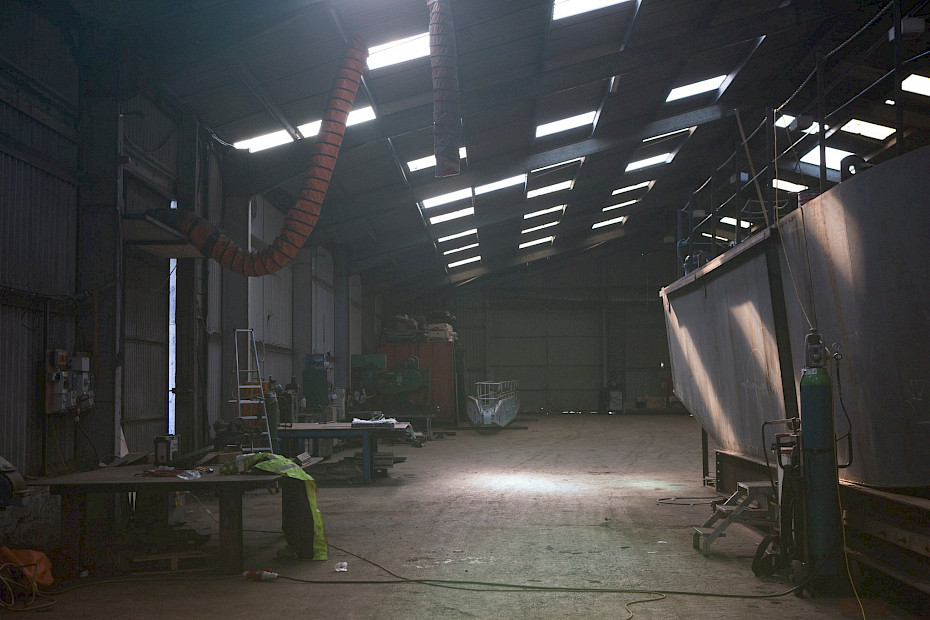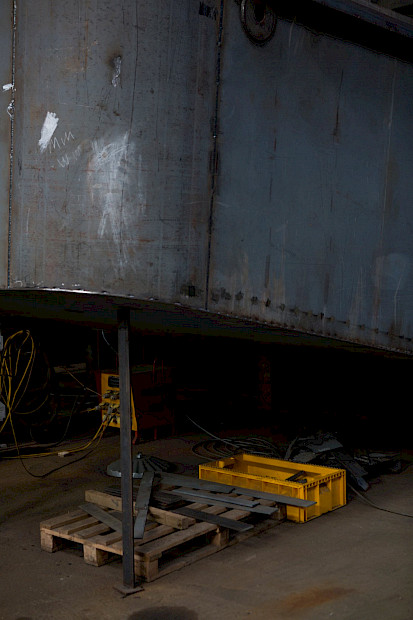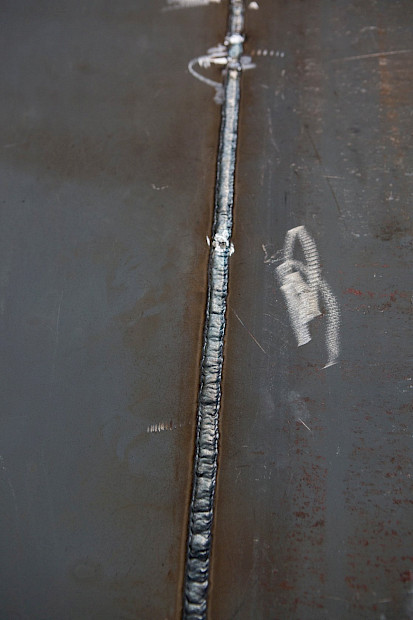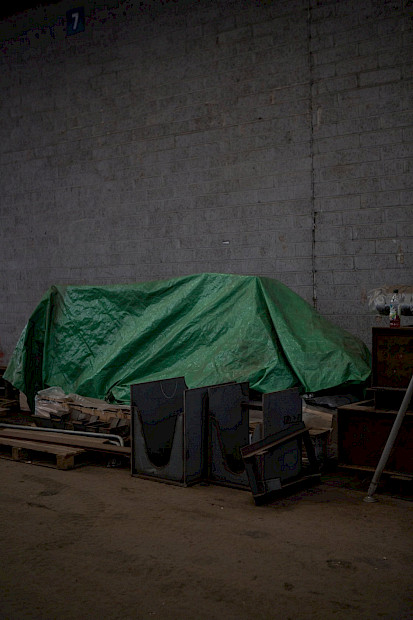NB: This article was written in 2018, and details may have changed.
Like a lot of Shetlanders, Ryan Stevenson quietly has a few strings to his proverbial bow. He plays a mean fiddle, and was once named Shetland’s Young Traditional Fiddler of the Year. He sails, rows traditional yoal rowing boats, and is a trustee at Shetland Arts, the fund behind many of the islands’ cultural institutions, from galleries to theatres and an indie-focused cinema.
More than this, though, aged just 25 he’s also at the forefront of something remarkable — a new era of boat-building on an archipelago where so much of life, and work, revolves around the sea. Ryan is the project manager of a new boat-building department at Malakoff, Shetland’s oldest marine engineering firm. The company started life as a shipyard around 140 years ago, and has diversified over the years into everything from pipework to ship repairs, renewable energy, designing and building piers, or providing specialist divers for Shetland’s aquaculture, fishing and oil industries.
Ryan’s side of the business is one of Malakoff’s newest and most noteworthy. In the 1980s, Malakoff started building small aluminium boats to provide for Shetland’s nascent aquaculture industry, particularly the new salmon farms that were popping up across the islands. The commissions have gradually become bigger and more ambitious, and in 2016 Ryan led the creation of a new specialist boat-building department.
